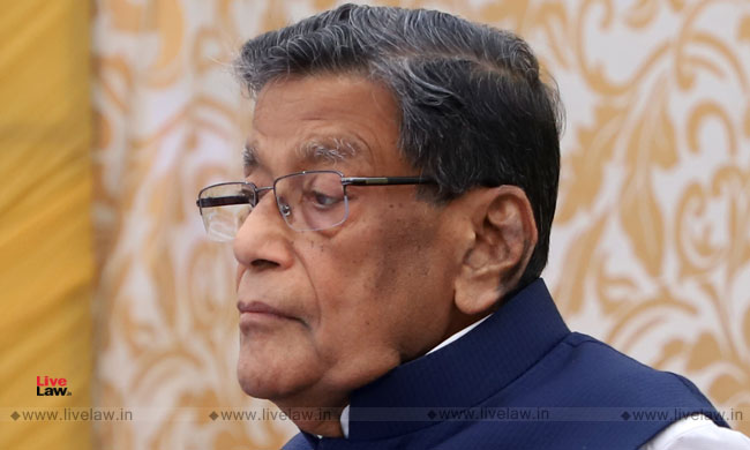"By The Time He Settles Down, It Is Time To Retire", There Should Be A Minimum Tenure Of 3Yrs For CJI: AG
Radhika Roy
21 Nov 2019 9:54 PM IST

"It is a matter of concern that the Chief Justices have only a year or so for the purpose of their functioning as a Chief Justice. I ask myself, what is it that the Chief Justice can do by way of reforms? By the time he settles down, it is time to retire. He is unable to serve any reform and ensure that it is carried through. There should be at least 3 years as a minimum tenure for a CJI."
Next Story


